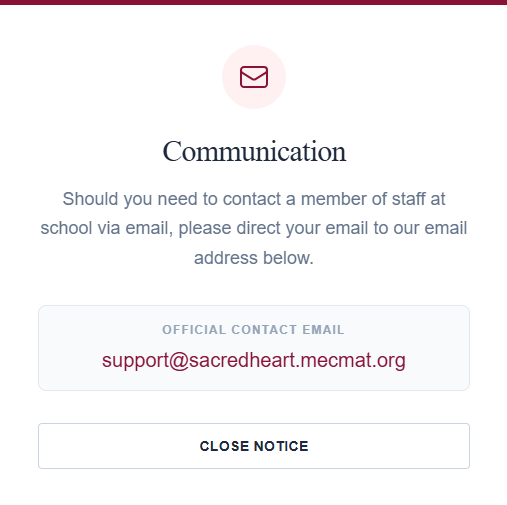Useful Information for Parents
Within the first few weeks in school, pupils are assessed with a simple one to one baseline procedure. In addition a Foundation Stage profile is compiled during the course of the year as pupils progress through early learning goals. The former gives an indication of where the child is starting from in mathematics, reading and social skills, and as the child progresses through school further assessments at the end of the Reception year, Year 1 Year 2, Year 4 and Year 6 give an ongoing measure of the child’s progress. Also required by the DCSF are the National Curriculum Tests at the end of Key Stage 1 and 2. These are important assessments for the child and the school, and in Years 2 and 6 we ask that parents avoid booking holidays during May when tests and teacher assessments are administered. The results of these statutory assessments in the form of Teacher Assessment for Year 2 and Teacher Assessment and test results for Year 6 are reported to parents. These are on an individual basis and form part of the written report given towards the end of the summer term. Collective Key Stage 1 and Key Stage 2 assessment results appear at the back of the brochure. Children in Years 3 to 5 are also tested in relation to the National Curriculum, in Reading, Writing and Mathematics during the course of the summer term. Teachers assess all children informally and continuously during their time at school, using information gathered to plan for future learning.
We try to create a caring family atmosphere, where children have a sense of belonging. In this environment children develop a sense of security, community and purpose. Every attempt is made to make children aware of their responsibilities to themselves and others and to build relationships of mutual trust and respect between all members of the school community. Good behaviour is encouraged through a system of positive rewards including verbal praise, house points and stickers. Bullying is actively discouraged at all times and any such offences are dealt with immediately.
The rules and reasons are pointed out to children whenever the need arises.
In cases where a child is repeatedly badly behaved, the parents will be involved at an early stage to discuss the situation with the Headteacher. A Code of Conduct has been developed. The key expectations are:
- We are ready to learn
- We try our best
- We use appropriate language
- We show respect for people and our environment
- We keep ourselves and others safe
Children are expected to keep to these, and we also expect parental support in helping the children behave appropriately. The school reserves the right to temporarily exclude a seriously disruptive child, and in extreme circumstances the governors could exercise the right to permanently exclude.
Homework, suited to the children’s age and attention span, may be set on a class basis, usually in support of a class project. Homework may also be given on a regular basis at an appropriate level for the child’s age and stage of development. All children have reading books and may also have supplementary work to take home on a regular basis. Spellings or tables may also be required to be practised as the class teacher requests. The numeracy strategy also encourages homework for certain modules. At Key Stage 2, junior children may be required to do some research or complete written tasks, and work unfinished in school may be sent home as homework. In such cases we look for the support of parents in ensuring that the work is completed to a satisfactory standard.
The main way to help the school is to let your child see that you take an interest in what they do at school and that you are keen for them to do their best. Don’t forget to ask your child about what they have done and give time to listen. Do try to make the effort to come and see the teacher at Parents’ Meetings and to attend school functions. It is important that children see home and school working together.
Parents are asked to sign a parental declaration, agreeing their responsibilities whilst their child is registered with us. The Home-School Agreement, as well as asking parents to acknowledge their responsibilities, also sets out the school’s aims, values and responsibilities and expectations of its pupils.
Autumn Term
Our first parents meeting is held in November, when there is an opportunity for you to find out how your child has settled into his/her new class, and for you to get to know your child’s teacher. Any information you have about your child’s learning abilities or your comments on your child’s work would be most helpful at this point. This meeting is a sharing information session for the benefit of your child.
Spring Term
Our second parents’ meeting is an opportunity for you to appreciate your child’s improvement since the last meeting and raise any concerns you have for the future. This still leaves time in the academic year to tackle those concerns.
Summer Term
All children receive a comprehensive written report in July covering all the National Curriculum subjects. Parents have the right to discuss the report further, if they wish to do so.
During the Autumn Term of your child’s last year at Sacred Heart you will receive information about the various High Schools in this area, from which to make your selection. In addition you will be notified of Open Evenings so that you will be able to see the schools at first hand. Sacred Heart is a feeder school for Our Lady’s Catholic Maths and Computing High School. We enjoy close links with Our Lady’s with many joint ventures and visits taking place. We aim to make transition to high school as smooth as possible.











